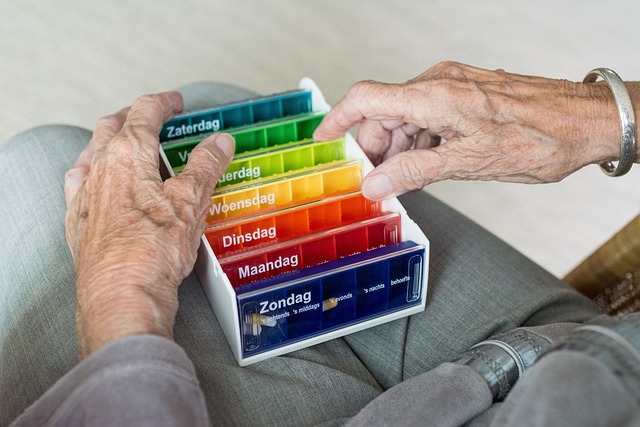Elderly Companion Services play a crucial role in supporting individuals with dementia as they age, offering personalized care, assistance with daily tasks, and emotional support. These services enhance quality of life, maintain independence, and provide respite for caregivers while fostering social interaction and engaging activities. Families can access local resources like memory care groups and home-based companionship through health authorities or community organizations, including Elderly Companion Services tailored to their needs.
Dementia, a progressive brain disorder, affects millions of elderly individuals globally, impacting their daily lives and overall well-being. In this article, we explore the critical role of Elderly Companion Services in providing essential support to those living with dementia. We delve into the challenges faced by seniors with dementia and how dedicated companion services enhance their quality of life. Additionally, we guide readers on accessing local dementia support resources, offering a comprehensive look at available options for both patients and their families.
- Understanding Dementia and Its Impact on Elderly Individuals
- The Role of Elderly Companion Services in Supporting Those with Dementia
- Accessing and Utilizing Local Dementia Support Resources
Understanding Dementia and Its Impact on Elderly Individuals

Dementia is a complex and progressive neurological disorder that significantly affects elderly individuals, impacting their memory, thinking skills, and behavior. As the population ages, understanding this condition and its various manifestations has become increasingly vital. The impact of dementia on the elderly can be profound, leading to challenges in daily living and a decline in overall quality of life. This is where elderly companion services play a crucial role in providing much-needed support.
These services are designed to assist and accompany the elderly, ensuring their safety, comfort, and companionship. Companion services cater to individuals with dementia by offering personalized care, helping with tasks such as meal preparation, medication management, and transportation. By having a dedicated companion, elderly people with dementia can maintain their independence, stay engaged, and slow down the progression of the disease while receiving the love and support they need.
The Role of Elderly Companion Services in Supporting Those with Dementia

Elderly Companion Services play a vital role in supporting individuals living with dementia, offering a unique and personalized approach to care. These services provide companionship and assistance tailored to the specific needs and preferences of those affected by dementia, ensuring they remain independent and engaged for as long as possible. Companions offer emotional support, encourage social interaction, and assist with daily tasks, creating a safe and stimulating environment at home.
By pairing individuals with dementia with trained companions, these services enhance their quality of life, foster a sense of purpose, and provide much-needed respite for caregivers. The companionship is not just about assistance; it involves meaningful conversations, sharing hobbies, and participating in activities that promote cognitive stimulation and overall well-being. This personalized care is especially crucial as dementia progresses, ensuring individuals remain comfortable and content.
Accessing and Utilizing Local Dementia Support Resources

Accessing local dementia support resources can be a lifeline for both those living with the condition and their families. Many communities offer a range of services tailored to meet diverse needs, from memory care groups and day centers to home-based elderly companion services. These resources provide not only practical assistance but also emotional support, helping individuals navigate the challenges of dementia.
Utilizing these services often involves reaching out to local health authorities or community organizations. They can guide families through available options, offering assessments and connecting them with appropriate care providers. Elderly companion services, for instance, can offer companionship, assist with daily tasks, and provide a safety net for individuals with dementia, allowing their loved ones peace of mind and the chance to focus on other responsibilities.
In understanding the profound impact of dementia on elderly individuals, it’s clear that a multifaceted approach to support is necessary. Both local resources and dedicated Elderly Companion Services play pivotal roles in enhancing quality of life for those affected by this condition. By accessing available support, families can navigate the challenges of dementia with increased confidence, ensuring their loved ones receive the care and companionship they deserve.




